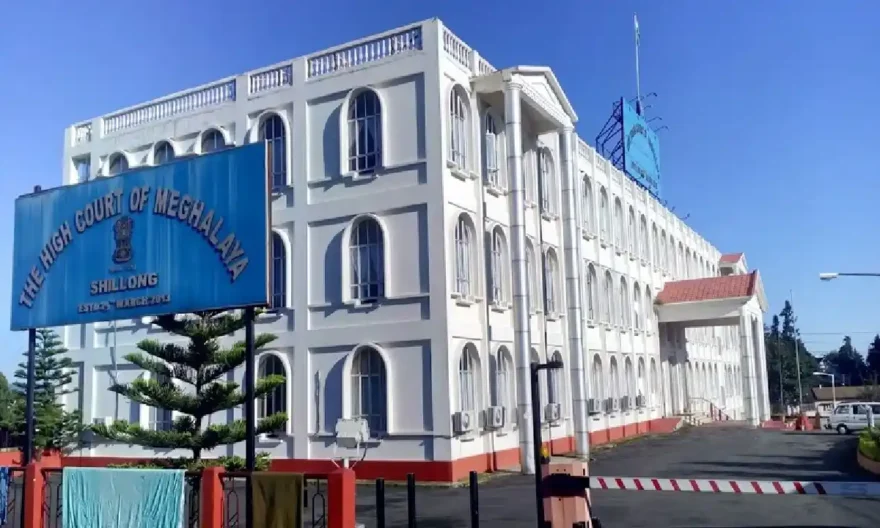
The Meghalaya High Court recently emphasized the importance of trial courts taking firm action against litigants and witnesses who provide false evidence during criminal proceedings.
A bench of Chief Justice Sanjib Banerjee and Justice W Diengdoh, stated that if trial courts have compelling reasons to doubt the credibility of a witness, they should commence perjury proceedings.
“The trial court upon disbelieving the evidence of any person on cogent grounds, should also take steps for perjury. Unless Indian judges get serious with litigants and witnesses, the present trend of false affidavits being filed and false evidence being given may one day render the judiciary irrelevant,” the bench stated.
The Court made the observation while dismissing an appeal filed by a man convicted for the aggravated penetrative sexual assault of a four-year-old girl in 2014.
In July 2022, the accused was sentenced to 10 years’ rigorous imprisonment for the offence of rape under the Indian Penal Code (IPC) and for offences under the Protection of Children from Sexual Offences Act (POCSO Act).
The counsel for the appellant contended that the allegations of rape were cooked up due to a property dispute between families.
The trial had dismissed this submission for lack of evidence. The High Court said that the trial court had, thereby, disregarded the ‘rather concocted version‘ of events alleged by the mother of the accused-appellant.
The bench made the observation while dismissing an appeal filed by a man who was convicted of aggravated penetrative sexual assault against a four-year-old girl in 2014.
In July 2022, the accused was sentenced to 10 years’ rigorous imprisonment for the offense of rape as per the provisions of the Indian Penal Code (IPC) and the Protection of Children from Sexual Offences Act (POCSO Act).
The appellant’s counsel argued that the rape allegations were fabricated due to a property dispute between the families. The trial court had rejected this argument citing insufficient evidence. The High Court stated that the trial court had disregarded the “rather concocted version” of events put forth by the mother of the accused-appellant.
The High Court agreed with the trial court, noting that the mother had made up this version of events in a ‘desperate attempt to rescue her recalcitrant son‘.
The bench also opined that the lack of credibility in the testimony provided by the convict’s cousin sister, who was another defense witness in the case. Additionally, the bench took note of the fact that there was no counter-argument against the survivor’s mother’s statement that she had been threatened by the appellant’s relatives to refrain from accusing the appellant of the crime.
Subsequently, the High Court concluded that the three defense witnesses in the case had been extensively coached to support the appellant’s stance.
“In the light of the appellant not asserting that the survivor had not come to the appellant’s residence on the relevant date, the afterthought on the basis of which the three defence witnesses were tutored and made to say in court that the survivor did not come to their residence, was obvious,” the order stated.
The High Court acknowledged that the negligence of the police in not sending the survivor’s clothing for forensic examination was a significant oversight.
Nevertheless, the court observed that this oversight held little significance in this particular case, as other evidence and circumstances clearly indicated the appellant’s commission of the offense. Therefore, the High Court affirmed the appellant’s conviction and dismissed the appeal.




